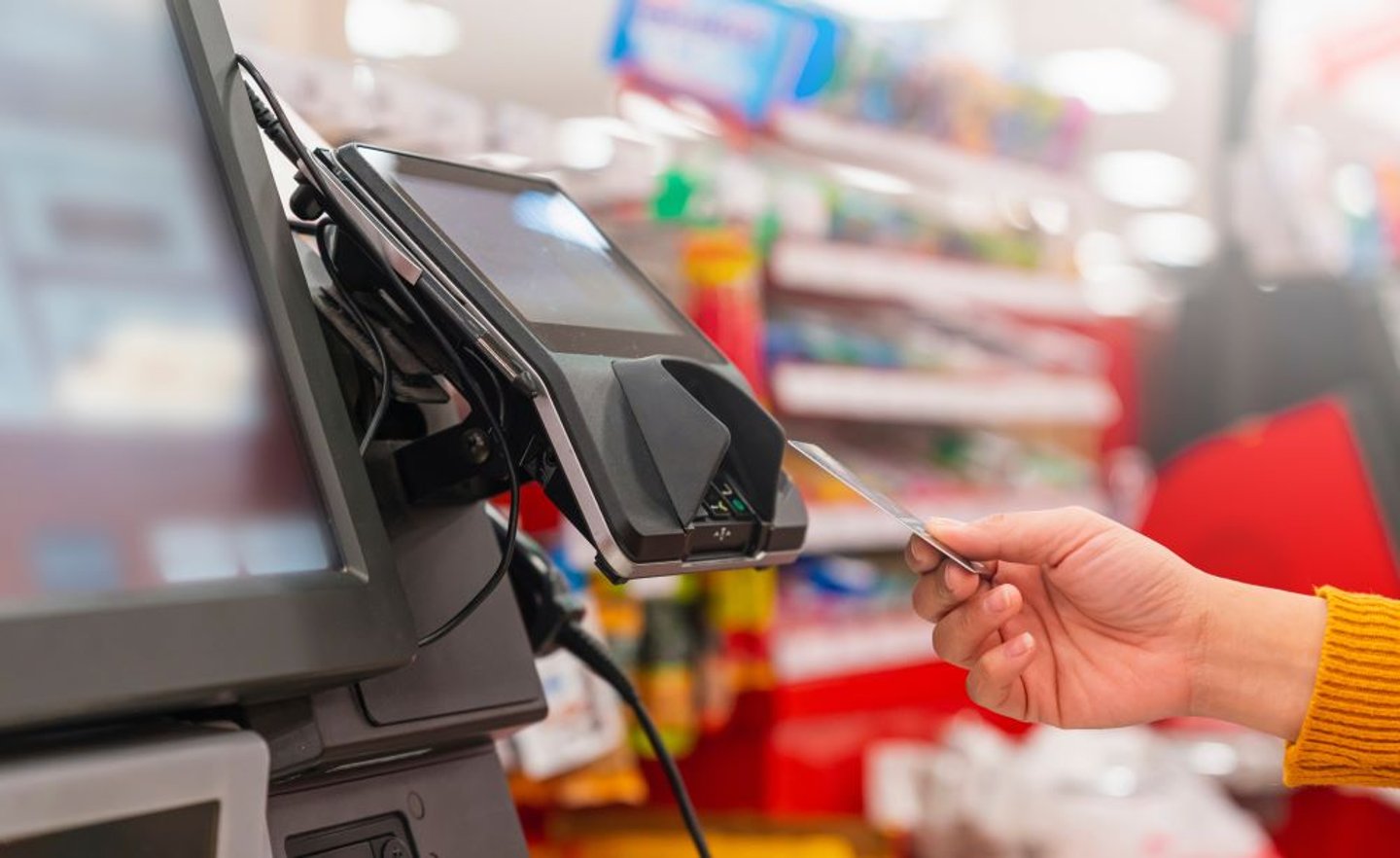THE FRIDAY 5: Kroger’s CFO Moves to Costco; High Food Prices Sound Alarm Bells
Welcome to The Friday 5, Progressive Grocer’s weekly roundup of the top news and trends in the food retail industry. Each Friday, we’ll take a look at the stories that are most important to our readers and also keep tabs on the trends that are poised to impact grocers.
1. Kroger’s CFO Moves to Costco
The announcement that The Kroger Co. SVP and CFO Gary Millerchip was stepping down from his role came on Monday night, followed by Tuesday morning’s news that the executive would be taking over the position of EVP and CFO at Costco Wholesale, effective March 15.
Todd Foley, Kroger’s group VP, corporate controller and chief accounting officer, has been appointed interim CFO for the grocer, effective immediately, and the company said it will name a CFO successor at a later date. Millerchip will replace Costco’s Richard Galanti, who is leaving his position after 40 years and will serve in an advisory role through January 2025.
2. Amazon Stays the Course in Grocery
Despite several hiccups over the past few years, Amazon asserts that it is not giving up on its Fresh grocery format. Even after pausing Amazon Fresh store buildouts, the company is sticking with physical grocery, adjusting its approach and model.
"On grocery, we're pleased with the progress we're making there," said Andy Jassy, Amazon’s CEO, during the company's recent fourth-quarter earnings call. Jassy said the company has been testing a V2 of its Fresh format in a few locations near Chicago and in Southern California, and while the results seem promising, Amazon said it still needs to test for “a little bit longer” before rolling out the concept elsewhere.
3. High Food Prices Sound Alarm Bells
Readers were interested in Groundwork Collaborative’s new report, “What’s Driving the Rise in Grocery Prices – and What the Government Can Do About It,” that claims to identify the underlying causes of recent grocery price inflation, including corporate profiteering, supply chain shocks and climate change.
President Biden is also pressuring large grocery chains to slash food prices for American consumers, as reported by The New York Times, accusing the stores of reaping excess profits and scamming shoppers.
Leslie Sarasin, CEO of FMI – the Food Industry Association, took a defensive stance against this latest round of finger-pointing, explaining the variety of external factors that impact costs at various stages of the supply chain that are beyond the control of food retailers, including energy, labor and transportation.
“Politicizing grocery prices for political gain is completely counterproductive to improving the accessibility and quality of food for all Americans,” she said.
4. Will Target Start a Membership Program?
News broke this week that Target Corp. is potentially eyeing a paid membership program akin to Amazon Prime, Walmart+ and Kroger Boost, among others. According to Bloomberg News, sources dubbed Target’s possible membership program “Project Trident,” and said the as-yet-unverified initiative may be rolled out this year.
More details about the possible membership program may be forthcoming in Target’s fourth quarter and full fiscal year earnings report, due out March 5. Progressive Grocer reached out to Target for comment, but did not receive confirmation of the membership program at press time.
5. Self-Checkout Changes Coming to Schnucks
Citing efficiency and theft concerns, both of which are evident in the larger grocery ecosystem, Midwest food retailer Schnuck Markets Inc. is putting restrictions on the amount of items customers can purchase at self-checkout lanes. Self-checkout lanes in all of its stores will be limited to customers who have 10 items or less to purchase, the grocer confirmed with Business Insider.
While the change helps improve customer service, a store representative also said that Schnucks expects the change to lower shopping thefts. "Because self-checkouts are more susceptible to theft, this item limit will help us maintain our costs while keeping the prices lower for our customers," Schnucks said.







